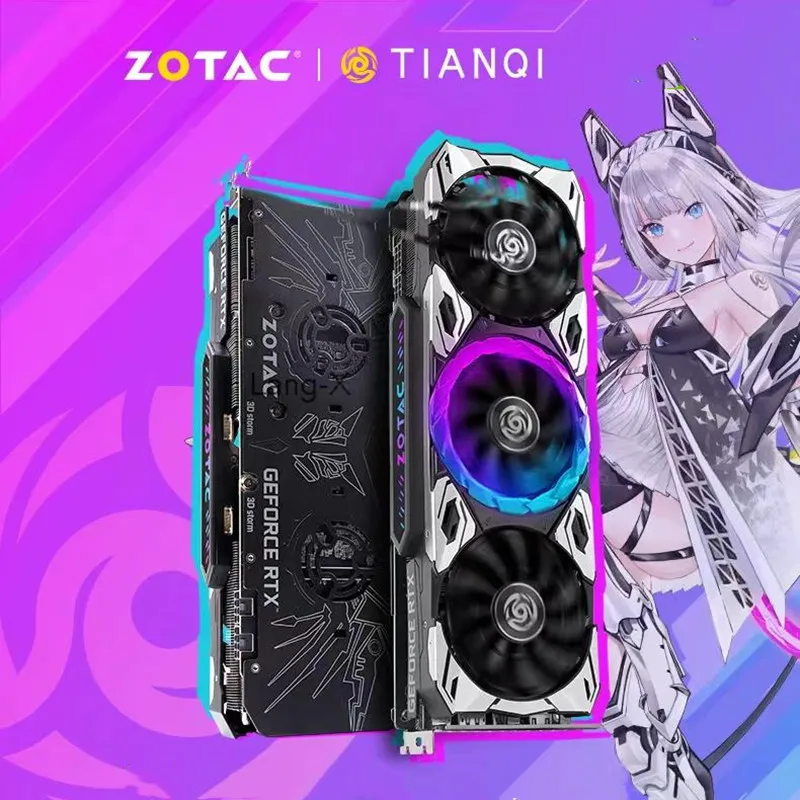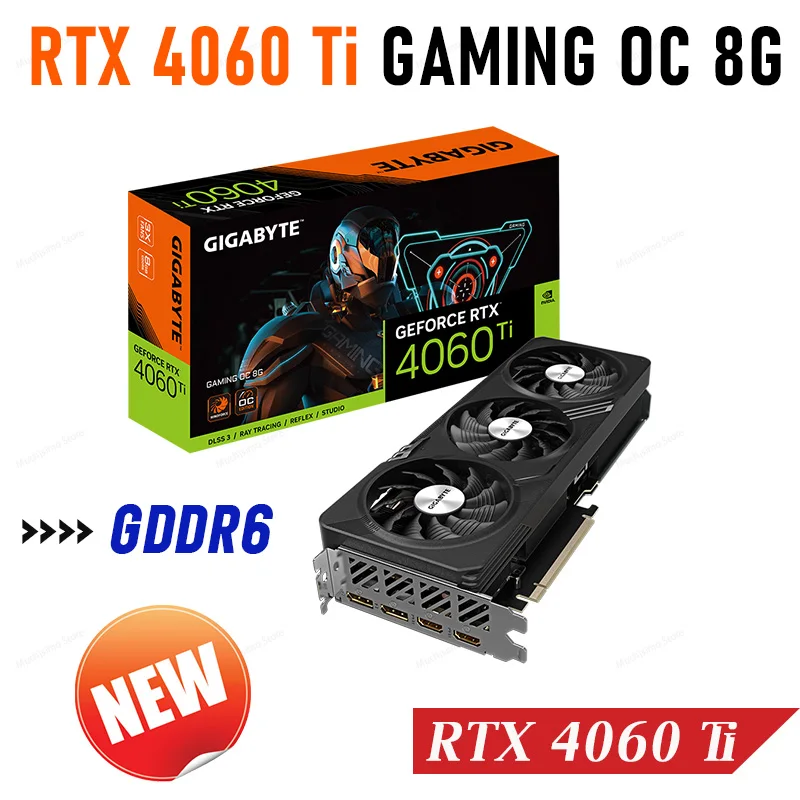Comparison of Cheap Graphics Cards: Which Budget GPU is Right for You?
When choosing a budget graphics card, consider performance, compatibility, brand reliability, and future upgradability. Options like the GTX 1650 and RX 5500 XT provide great value for gaming without overspending, making them ideal choices for budget-conscious gamers.
Are you looking for an affordable way to enhance your gaming experience? In this article, we dive into the comparison of cheap graphics cards to help you find the right budget-friendly options for your needs. Whether you’re a casual gamer or just need a reliable graphics solution, we’ve got you covered. Let’s explore the top affordable graphics cards on the market, performance comparisons, and essential factors to consider when buying.














Top Affordable Graphics Cards on the Market
When browsing for the top affordable graphics cards on the market, consider several options that deliver great performance without breaking the bank. Here are some standout choices:
1. NVIDIA GeForce GTX 1650
The GeForce GTX 1650 is a solid entry-level GPU. It offers quick performance for most modern games at 1080p. It’s power-efficient and has a low thermal output, making it a great match for compact builds.
2. AMD Radeon RX 5500 XT
This graphics card provides excellent graphics performance for gaming at 1080p. The RX 5500 XT features AMD’s RDNA architecture, which enhances efficiency and performance over previous generations.
3. NVIDIA GeForce GTX 1660 Super
The GTX 1660 Super is a versatile choice, offering great performance in 1080p gaming. It’s slightly more powerful than the GTX 1650 and can handle many games at higher settings.
4. AMD Radeon RX 5600 XT
For gamers looking for a budget-friendly option with strong 1080p performance, the RX 5600 XT shines. It offers excellent frame rates in popular titles while remaining affordable.
5. GTX 1050 Ti
The GTX 1050 Ti is still a great option for budget gamers. While it’s older, it holds its own in many games. It’s perfect for entry-level gaming setups.
When selecting your graphics card, consider what games you want to play and your general computing needs. Prices may vary, so always check for the best deals. Investing in an affordable graphics card can enhance your gaming experience without significant expenses.
Performance Comparison of Budget GPUs
In this section, we will dive into the performance comparison of budget GPUs. Understanding how each graphics card performs can help you make an informed choice.
Benchmarking Performance
Most budget GPUs are tested using benchmarks in various games. Popular benchmarks include FPS (frames per second) and graphical settings used. These benchmarks help determine how smoothly the game runs.
NVIDIA GeForce GTX 1650 Performance
The GTX 1650 performs well in 1080p gaming, achieving around 60-70 FPS in most games on medium settings. It is a great option for those who primarily play less demanding titles.
AMD Radeon RX 5500 XT Performance
With the RX 5500 XT, you can expect around 50-70 FPS at high settings in popular games. Its performance often rivals that of more expensive GPUs.
NVIDIA GeForce GTX 1660 Super Performance
This card excels at 1080p, producing 70-80 FPS in newer games at high settings. It’s ideal for gamers who want beautiful visuals and smooth gameplay.
AMD Radeon RX 5600 XT Performance
Performance-wise, the RX 5600 XT averages around 60-80 FPS at high settings in many games, making it a strong contender in the budget category.
GTX 1050 Ti Performance
While older, the GTX 1050 Ti still delivers decent performance, averaging 30-50 FPS in various titles at medium settings. It is suitable for casual gamers.
When choosing a budget GPU, consider the type of games you want to play and the performance benchmarks that matter most to you. This will help tailor your decision.
Factors to Consider When Buying Cheap Graphics Cards
When it comes to selecting the right budget GPU, there are several factors to consider to ensure you make a wise choice.
1. Performance Needs
Assess what type of games you play. If you’re into casual gaming, a lower-end GPU might suffice. For more demanding games, invest in a mid-range card.
2. Compatibility
Ensure the graphics card is compatible with your existing system. Check your motherboard’s PCIe slot and make sure the GPU fits in your case. Also, verify that your power supply can handle the new GPU.
3. Price vs. Value
Set a budget, but remember that the cheapest option may not be the best value. Compare performance benchmarks and customer reviews to gauge how well the card performs for its price.
4. Brand Reliability
Research different brands. Some manufacturers are known for better customer support and product reliability. Look for warranties and read user experiences.
5. Future Upgradability
Consider how the new GPU fits into your long-term plans. A good budget card should still perform acceptably in a few years, allowing for smooth gameplay as game requirements increase.
6. Cooling and Noise
Fan noise can be a concern, especially if you’re sensitive to sound. Look for reviews that discuss the cooling solutions and noise levels of the card.
By carefully assessing these factors, you can find the ideal budget GPU that meets your gaming needs without overspending.
FAQ – Frequently Asked Questions about Cheap Graphics Cards
What should I consider when buying a cheap graphics card?
Factors such as performance needs, compatibility, price vs. value, brand reliability, future upgradability, and cooling/noise should be considered.
Are budget graphics cards good for gaming?
Yes, many budget graphics cards offer solid performance for gaming, especially if you play less demanding titles or at lower settings.
How do I check if a graphics card is compatible with my system?
Check your motherboard specifications for the type of PCIe slot and ensure your power supply can support the GPU’s power requirements.
What is the average price range for budget graphics cards?
Budget graphics cards typically range from $150 to $300, depending on the brand and performance level.
Can I upgrade my graphics card later?
Yes, you can upgrade your graphics card in the future. Just make sure your power supply and motherboard can support the new card.
Are there any recommended brands for budget GPUs?
NVIDIA and AMD are the leading brands, with popular models like the GeForce GTX and Radeon RX series offering reliable performance.